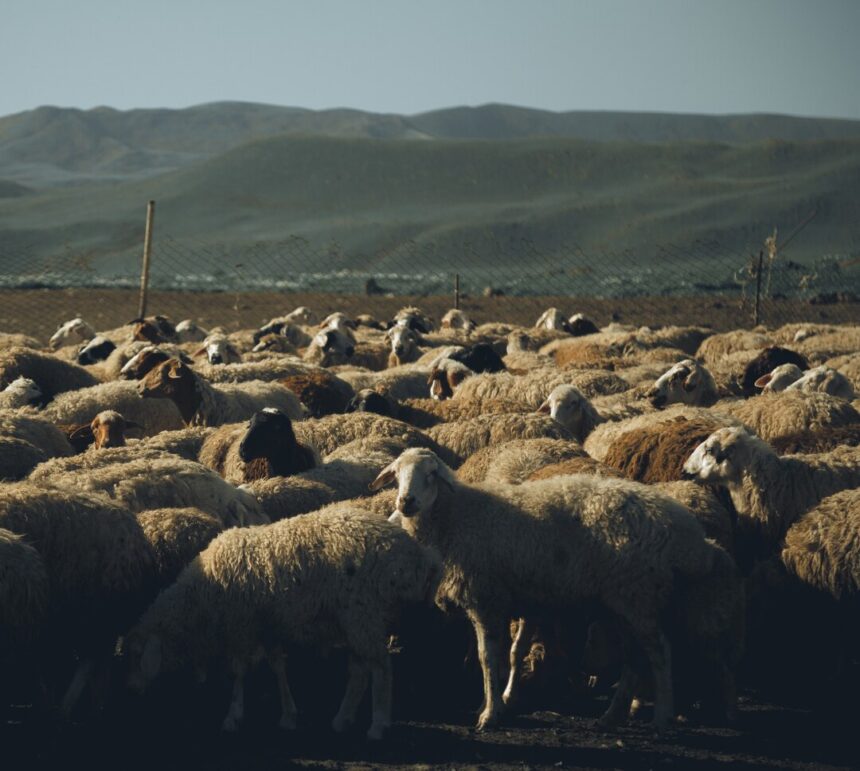Nguni sheep, indigenous to South Africa, are a unique and hardy breed known for their adaptability to diverse environments and resistance to various diseases. These sheep play a crucial role in the country’s agricultural landscape, offering distinct advantages for local farmers. Here are ten key considerations for breeding and farming Nguni sheep in South Africa:
- Historical Significance:
Nguni sheep have a rich history in South Africa, being descendants of the Nguni cattle-keeping people who migrated to the region centuries ago. They have adapted to the local climate and are well-suited for extensive farming systems. - Adaptability and Resilience:
Nguni sheep are renowned for their adaptability and resilience. They can thrive in diverse climates, including arid and semi-arid regions, making them an excellent choice for farmers in various geographic locations across South Africa. - Dual-Purpose Breed:
Nguni sheep are considered a dual-purpose breed, providing both meat and wool. The meat is known for its quality, flavor, and leanness, while the wool is used for traditional crafts and textiles. - Resistance to Diseases:
Nguni sheep have developed natural resistance to many common sheep diseases in South Africa. Their hardiness reduces the need for extensive veterinary interventions, contributing to cost-effective and sustainable farming practices. - Breeding Strategies:
Implementing effective breeding strategies is crucial for maintaining and improving the genetic traits of Nguni sheep herds. Farmers may employ selective breeding, focusing on characteristics such as coat color, conformation, and reproductive performance. - Grazing Management:
Nguni sheep are well-suited to extensive grazing systems. Farmers should implement proper rotational grazing practices to ensure sustainable land use, prevent overgrazing, and maintain the health of both the sheep and the pasture. - Predator Protection:
As with many sheep breeds, protection against predators is essential for the well-being of Nguni sheep. Farmers may use guardian animals, secure fencing, and strategic herding practices to minimize the risk of predation. - Community Livelihoods:
Nguni sheep farming has social and economic significance, especially in rural communities. The breed contributes to sustainable livelihoods, providing a source of income, nutrition, and cultural importance to local populations. - Conservation Importance:
Nguni sheep are recognized as a valuable genetic resource and play a role in the conservation of indigenous livestock breeds. Efforts to preserve and promote these sheep contribute to biodiversity and cultural heritage conservation. - Market Demand:
The demand for Nguni sheep products, including meat and wool, has been growing. Farmers should stay informed about market trends, consumer preferences, and value-added opportunities to optimize the economic potential of their Nguni sheep enterprises.
Breeding and farming Nguni sheep in South Africa offer numerous advantages for farmers seeking resilient and sustainable livestock options. Through thoughtful breeding practices, proper management, and recognition of the breed’s cultural and economic significance, Nguni sheep contribute to the agricultural diversity and heritage of South Africa. As stewards of this indigenous breed, farmers play a crucial role in ensuring the continued success and prominence of Nguni sheep in the country’s agricultural landscape.
Join 'Farmers Mag' WhatsApp Channel
Get the latest Farming news and tips delivered straight to your WhatsApp
CLICK HERE TO JOIN






